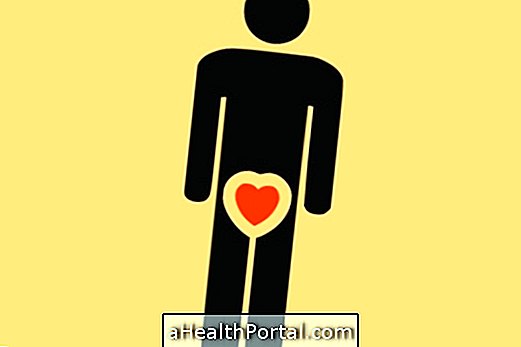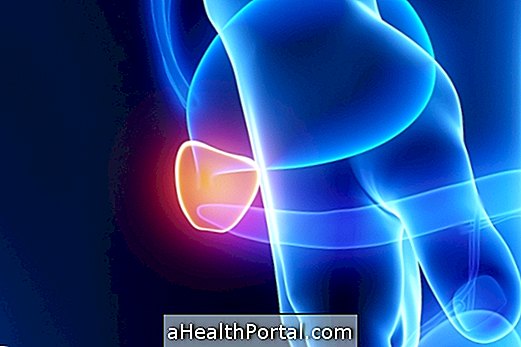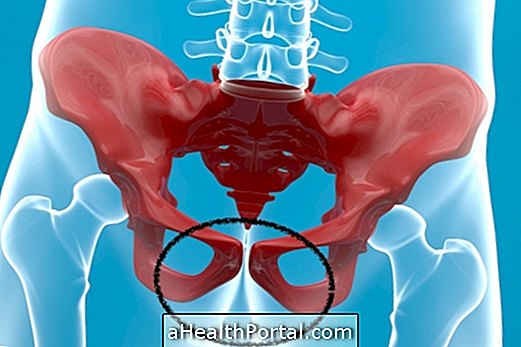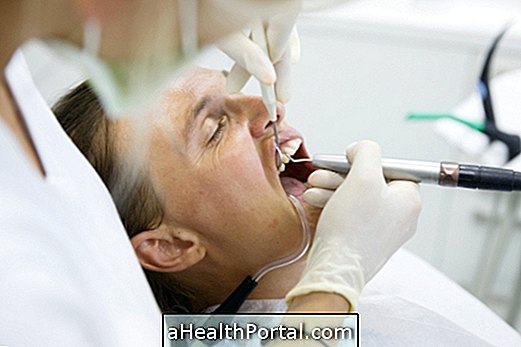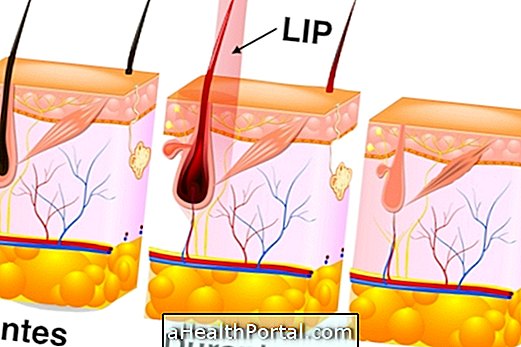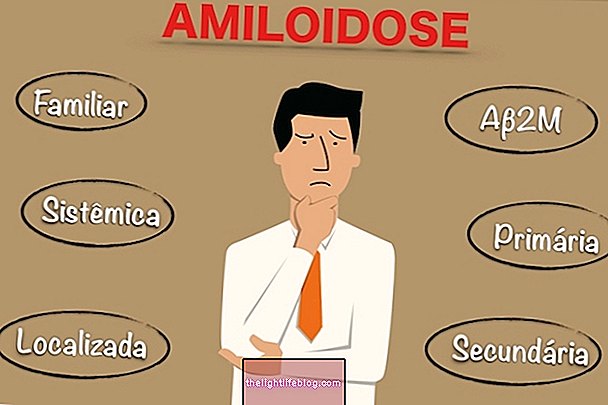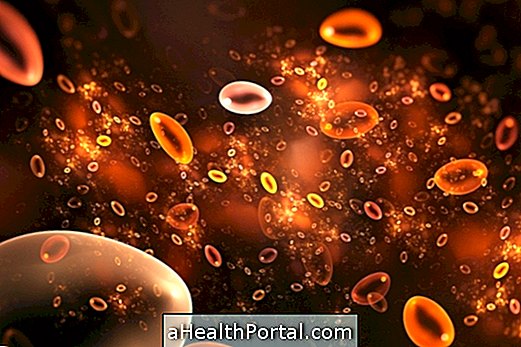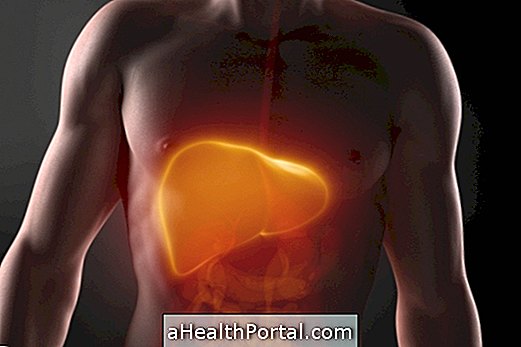Although it is more common in women, urinary tract infection can also affect men and cause symptoms such as urgency to urinate and pain and burning during or shortly after the end of urination.
This disease is most common in men over 50 years of age, especially those who have had anal intercourse and who have not been circumcised, as well as men who have a problem blocking urine output or using catheters to urinate.
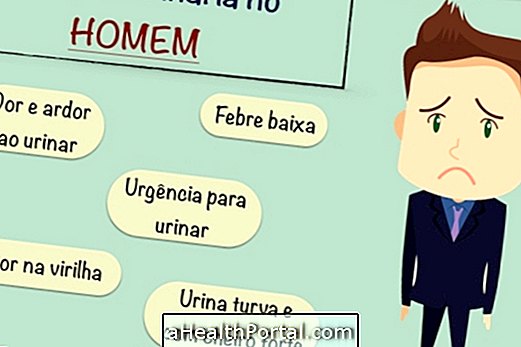
Therefore, you should be aware of the following symptoms:
- Frequent urge to urinate;
- Pain and burning when urinating;
- Difficulty in holding urine;
- Blurred, strong-smelling urine;
- Wake up at night to go to the bathroom;
- Low fever;
- Urine with blood;
- Pain in the groin area or the back of the back.
However, it is also common for the infection to cause no symptoms in men, being identified only during routine medical examinations.
Diagnosis
The diagnosis of urinary tract infection in men is mainly based on the history of the symptoms and through urinalysis, which will identify the presence of microorganisms that may be causing the problem.
In addition, the doctor can ask questions about sex life to identify risk factors for infections or STIs, and can perform a touch examination to see if there is an increase in prostate size.
In young men with enlarged prostate signs, to identify the urologist may also recommend examinations such as computed tomography, ultrasonography and cystoscopy to assess if there are other problems in the urinary tract. Know which are the 6 exams that evaluate the Prostate.
Treatment
Treatment for urinary tract infection in men is done according to the cause of the problem and it is usually necessary to take antibiotics.
In general, symptoms begin to improve after about 2 days of use of the drug, but in more severe cases it may be necessary to have a longer treatment, lasting two or more weeks, or hospitalized.
Rich Factors
Some factors increase the risk of men developing urinary tract infection, such as:
- Have anal intercourse;
- Use tube to urinate;
- Having the enlarged prostate, also known as benign prostatic hyperplasia;
- Drinking little liquid;
- Hold the urge to urinate for too long and too often;
- Have bladder urine reflux the kidneys;
- Kidney stone;
- Diabetes;
- Tumors in the urinary tract;
- Chronic prostatitis.
In addition, uncircumcised men are also more likely to have urinary tract infections and sexually transmitted diseases because excess skin on the penis makes it difficult to clean and increases the risk of microorganisms proliferating in the area.
To identify diseases and prevent complications, see 10 symptoms that may indicate inflamed prostate.

